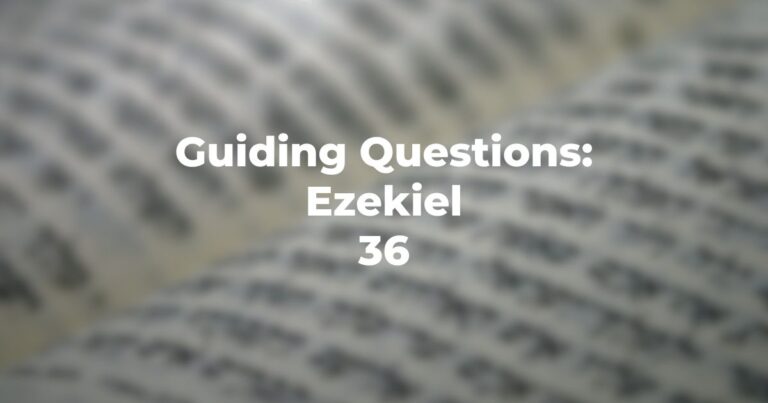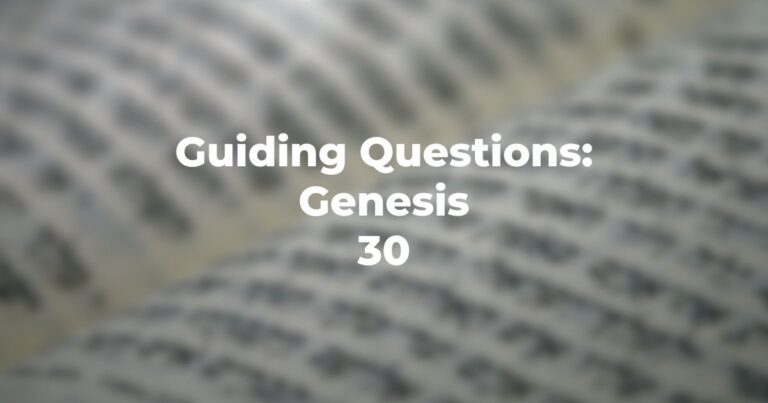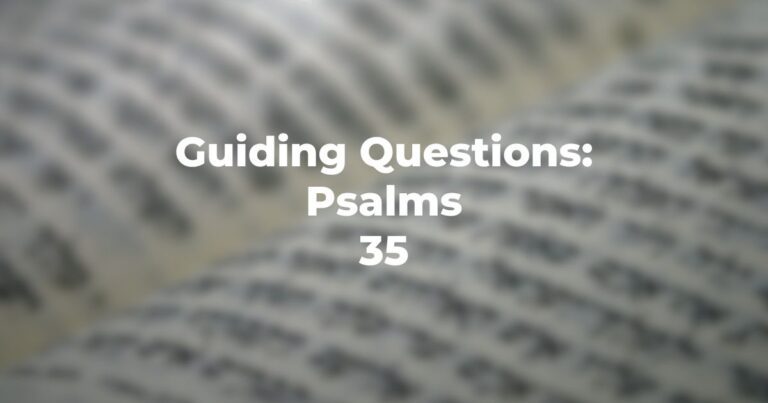- Does the verb “to awaken early” resonate in terms of the Five Books of Moses and, if so, with what personality (or personalities)?
- The terminology in Joshua 3:3 mentions “the ark of God’s covenant.” Is there some reason why it is not referred to as the “ark of the Ten Statements”?
- Why is a distance mandated between the Ark and those who would follow it (save for the kohanim)?
- In Joshua 3:5 the Hebrew term is “hitkadashu” usually rendered as “make yourself holy.” How does one make oneself “holy”? Or does the term have some other implication — perhaps in terms of “uniqueness” or “readiness” — especially in this context?
- Where does Divinity speak to Joshua in Joshua 3:7? And, does this verse indicate a parity in significance between Mosheh and Joshua?
- What does Joshua 3:13 call to mind in terms of an earlier event involving “bodies of water?
Author
-

Exploring Judaism is the digital home for Conservative/Masorti Judaism, embracing the beauty and complexity of Judaism, and our personal search for meaning, learning, and connecting. Our goal is to create content based on three core framing: Meaning-Making (Why?), Practical Living (How?), and Explainers (What?).
View all posts





